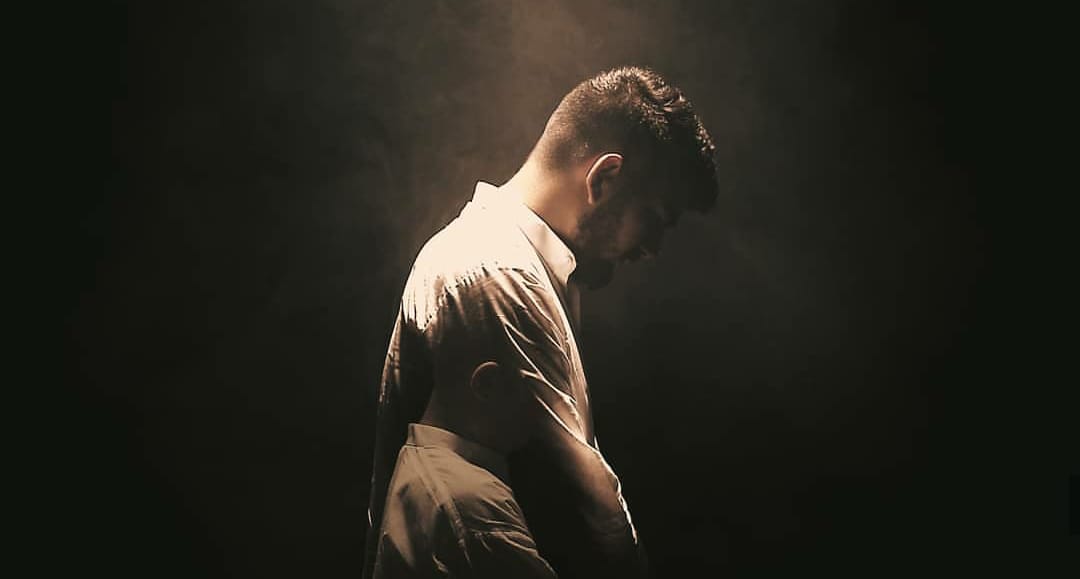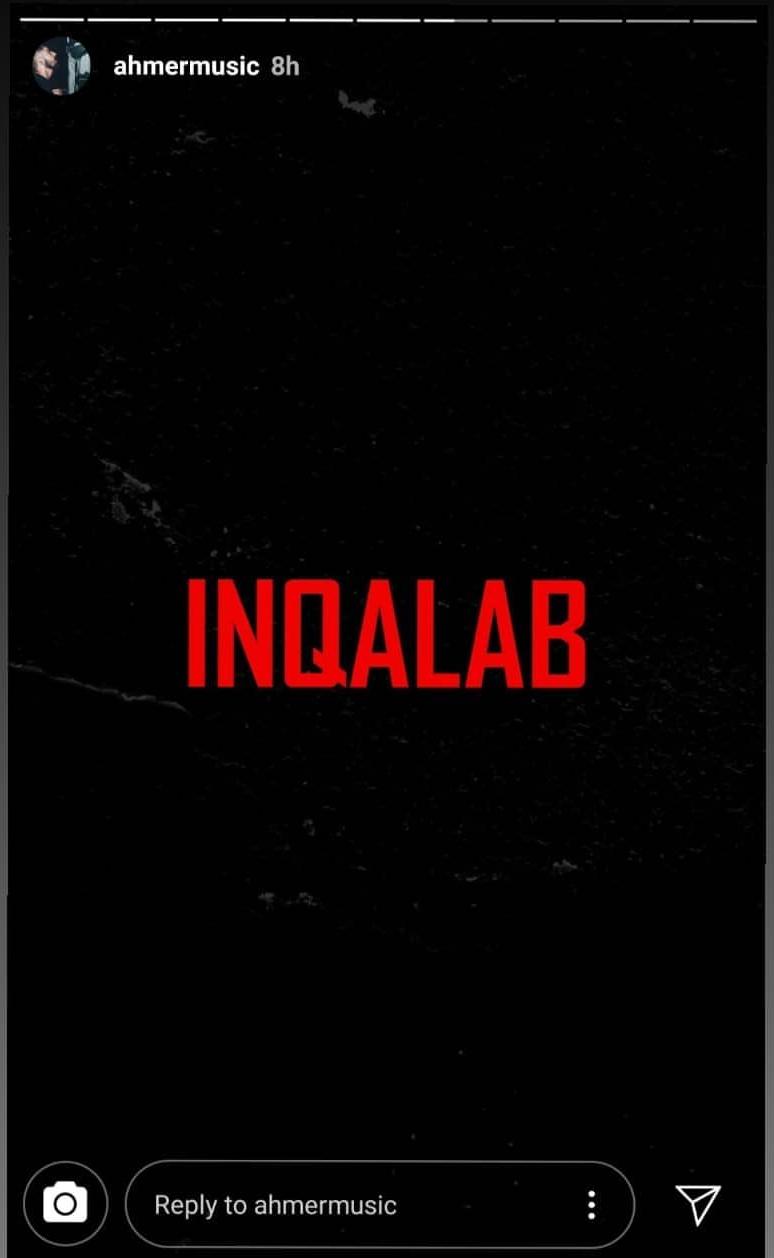

Eshaa Wahie spoke to the rapper about his music, the politics of it and the importance of expressing himself as an artist
When Ahmer Javed, 23, released his album, Little Kid, Big Dreams, with Azadi records two months ago, he immediately stood out in the hip hop scene. A big reason for this was the fact that his lyrics does not water down the struggles of his Kashmiri identity and the conflict that is inherent to it.
Sample this,
Cracdow’nas manzaamit,
curfew manz maraan,
Haqoomat yi haptan hunz,
nindrah karaan,
Ais raemit sawaabun manz,
khewaan haram,
Bunker yeti gharan manz,
bha qabrah khanaan, Ais qabrah khanaam.
Translation: We’re born in crackdowns, we die in curfews, Governed by bears, who sleep on us everyday, We’re lost in good deeds but feed the forbidden, They turned our homes into bunkers, and I’m digging graves, We’re digging graves. -Kasheer
On August 5, the government of India officially repealed section 370 and 35A, which gave Kashmir a special status and the valley has been in a communication blackout since. Near the 50th day of silence, Ahmer has returned to Delhi and has a lot to say, “around the 8th or 9th of August, my parents and I were watching the news in Srinagar, and every news channel claimed that everything in Kashmir was normal. This felt like propaganda. How can you show a place as normal, when it is on lock-down, disconnected and silent?” He goes on to say that, not only does the government act like it saved Kashmir but average people too try and tell Kashmiris what’s good for them. “As if they are experts! If everything was as normal as they were showing on television, we would have the internet, shops would be open and there would be harmony among people. When we watch the news and their insistence on the normalcy of the situation, we laugh,” he says.

One could argue his music is too political, but so is his situation and the genre he expresses himself in. A lot of what Ahmer has to say in his music, like most rap music, is born out of the circumstances that he finds himself in as a young Kashmiri. Issues of conflict, identity and oppression play a major role in his lyrics.
Bha Kasheer,
azad miyen soch,
Haan miyon ghumgeen,
topath bekhouf,
Azaab bha chon zabaan yi touf,
Sazai maut balaai yi soch,
Translation: I am Kashmir, set my thoughts free My condition is getting worse, still I’m not scared Your force cannot break me because I’m the truth, a weapon Turning into the face of death, for all these culprits
-Little Kid, Big Dreams
A day before the government repealed Section 370 and article 35A, Ahmer had a performance in Delhi at the launch of Prabhdeep’s new EP. ‘I didn’t want to perform, I wasn’t feeling good and wasn’t at my 100 per cent. But I knew what was happening back in Kashmir, there was a feeling of uncertainty and I wanted to address people about it and make them aware of the situation back home.” Later that night, his brother called him to tell him that phone lines might be suspended in the valley. “I had a flight on the 7th to Srinagar and he was going to come pick me up. I was worried. If I stayed here, my family would wait for me, and if I went there, I was going to be invisible.” He says when he went to Kashmir, he felt the most helpless that he had ever been and even considered quitting music. “I felt like it had no point anymore. Then I spent my time reading, learning more about Kashmir. I read on the history, on politics, on my Uncle.” Ahmer’s uncle, Shaheed Aijaz Dar, was the first martyr of Kashmir’s militant insurgency. After Ahmer returned to Delhi, he released a graphic media file that simply says Inqalab, which hinted at a new project.

“Kashmiris resist in many ways, I believe in letting the truth out, fighting the oppression with a pen, with knowledge. People write, people click photographs, people express the Kashmiri side of things—it is all resistance. It is a part of our life.” Ahmer continues, “When it comes to stone-pelters, no one wants to understand why they do this, the reason for these actions. Was their family killed? Is their father behind bars? Did they face an encounter? Is their family member labeled a terrorist? Why do they come out? These are things we need to understand. Not everyone has access to education and skill as I do. People like them- that’s all they know. That’s all they’ve seen.”
Pointing out the ignorance and inaction of the government, he says “No one wants to focus on the root cause of the dispute. If they solve it, they will have nothing to run, no way to distract people from issues like the crashing economy, unemployment, climate crisis, roads, taxes—they will have nothing to talk about. Our own government went against their people to rise, they put our own behind bars for money, there is no way to question them. If you question them, you’re anti-national.”
Ahmer believes that to be informed and listen to Kashmiris is how we can help the Kashmiri resistance, “you need to listen to Kashmiris, who are you to tell us what we should accept?” he admits that he thinks people are too scared to live there, to see the situation for themselves. In times where it’s a safety risk to speak out, especially in matters that involve questioning the government’s decision, Ahmer is unafraid to dissent and will be releasing his new mixtape in the coming weeks- music which is borne out of his experiences of isolation in Kashmir is his personal act of resistance. “I am more aware of what I am doing in these times, in a space where I am uncertain about what will happen to me…when you speak up, you should know- anything can happen. This is a choice you make.” He also adds, “music is sacred to me. I cannot lie, I can only use it to tell my own truth. People are misinformed and ignorant. I will try to get information across through my music—it is my way of helping Kashmir. I came back, I will make more music.”